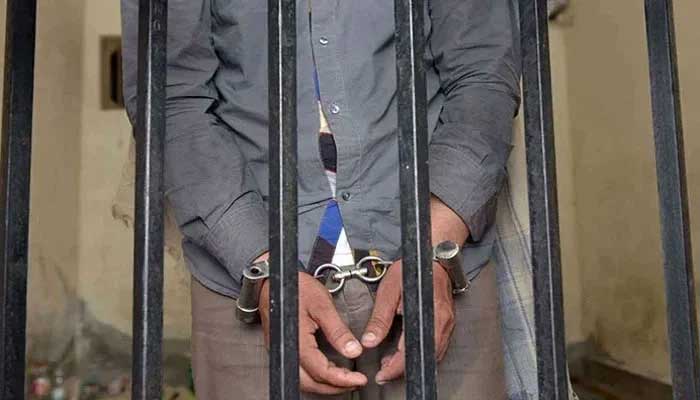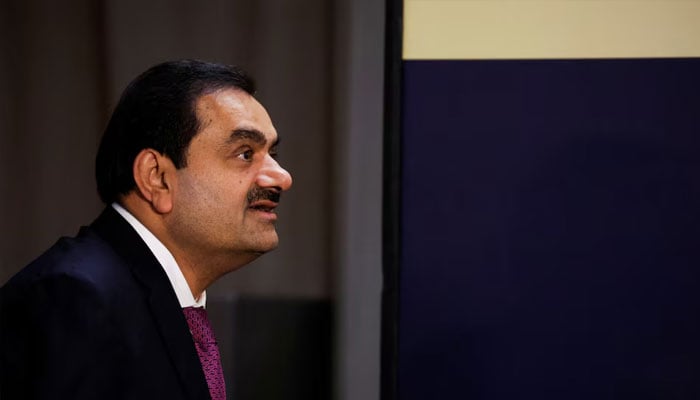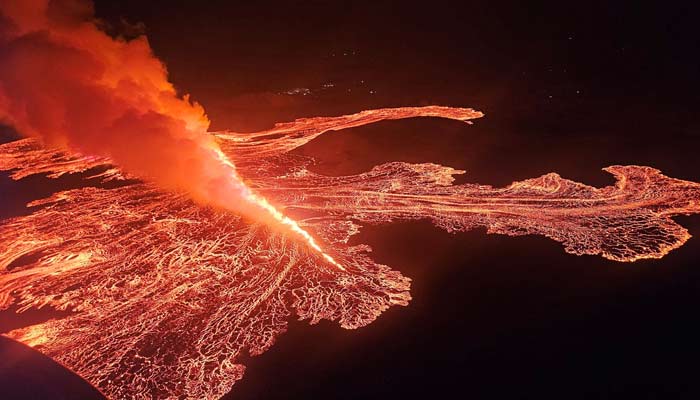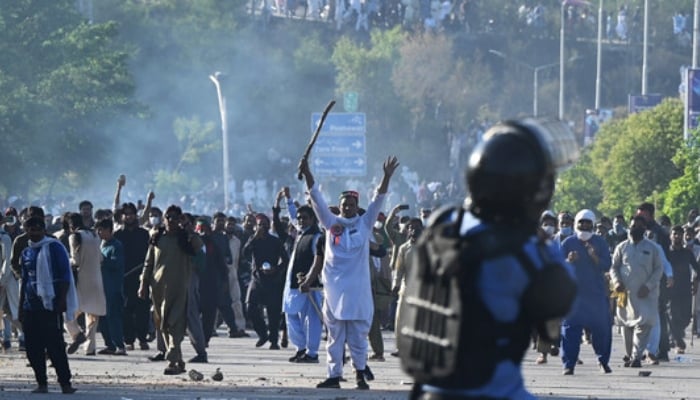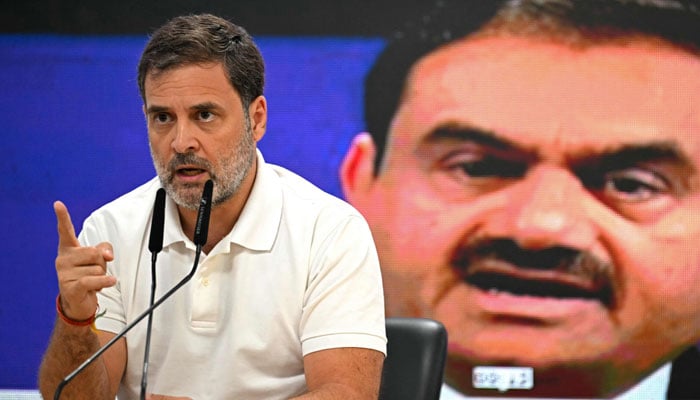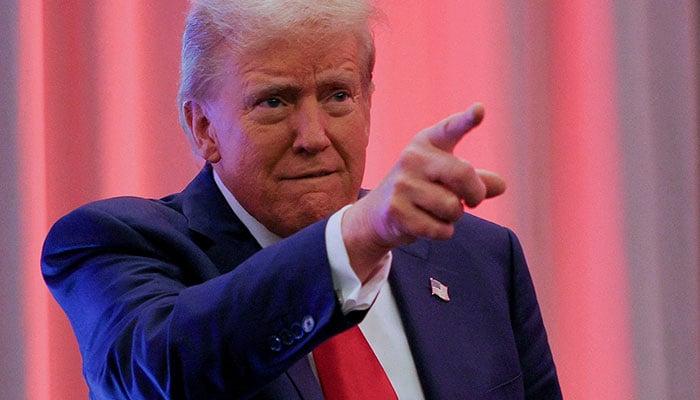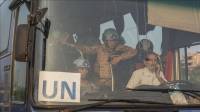

As dense smog continues to affect several cities in the Indo-Pak region, schools were closed and switched to online classes on Monday in New Delhi until further notice because of worsening toxic smog, the latest bid to ease the sprawling capital's health crisis.
Levels of PM2.5 pollutants — dangerous cancer-causing micro-particles that enter the bloodstream through the lungs — stood around 39 times above the World Health Organisation's limits at dawn with a dense grey and acrid smog smothering the city.
A day earlier, the PM2.5 levels were recorded at 57 times above the WHO guidelines.
The city is blanketed in acrid smog each year, primarily blamed on stubble burning by farmers in neighbouring regions to clear their fields for ploughing, as well as factories and traffic fumes.
The restrictions were put in place by city authorities "in an effort to prevent further deterioration" of the air quality.
Authorities hope by keeping children at home, traffic will be significantly reduced.
"Physical classes shall be discontinued for all students, apart from Class 10 and 12," said New Delhi Chief Minister Atishi in a statement issued late Sunday.
Primary schools were already ordered to cease in-person classes on Thursday, with a raft of further restrictions imposed on Monday, including limiting diesel-powered trucks and construction.
The government urged children and the elderly, as well as those with lung or heart issues "to stay indoors as much as possible".
Many in the city cannot afford air filters, nor do they have homes they can effectively seal from the misery of foul-smelling air blamed for thousands of premature deaths.
The orders came into force on Monday morning.
New Delhi and the surrounding metropolitan area, home to more than 30 million people, consistently tops world rankings for air pollution in winter.
Cooler temperatures and slow-moving winds worsen the situation by trapping deadly pollutants each winter, stretching from mid-October until at least January.
India's Supreme Court last month ruled that clean air was a fundamental human right, ordering both the central government and state-level authorities to take action.

